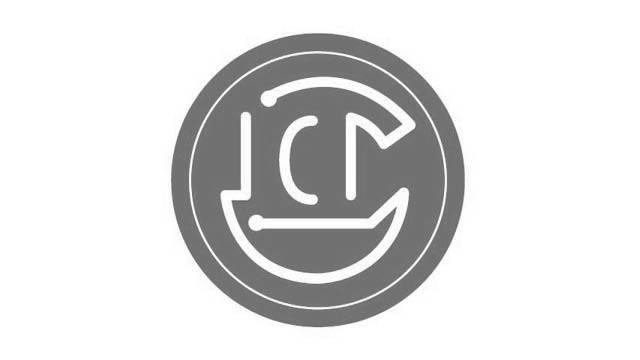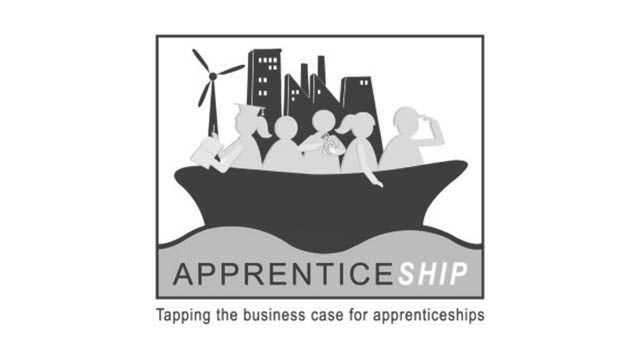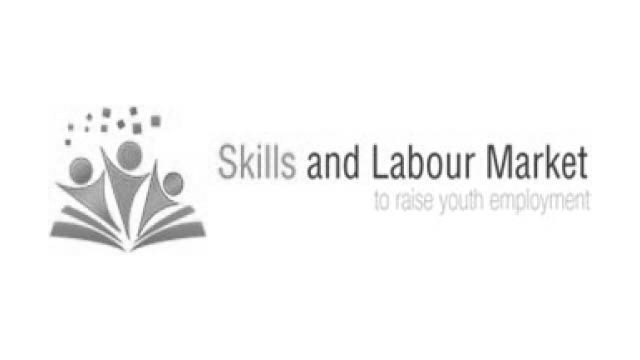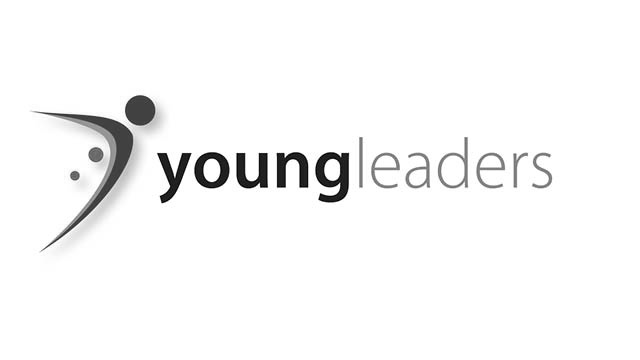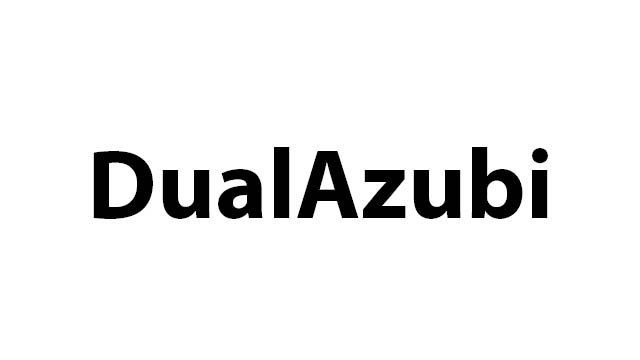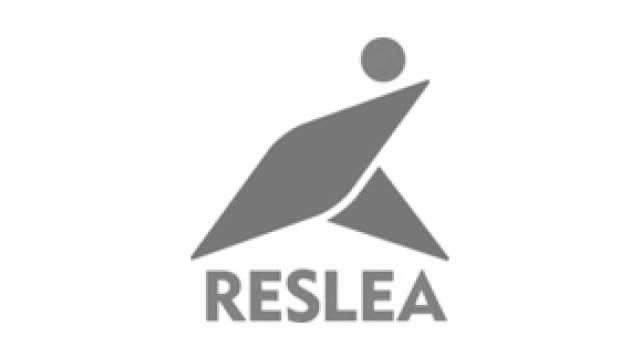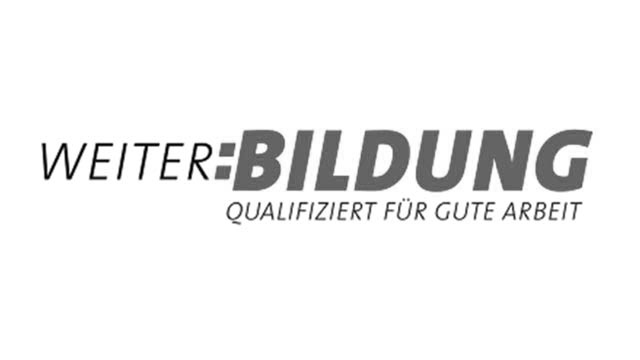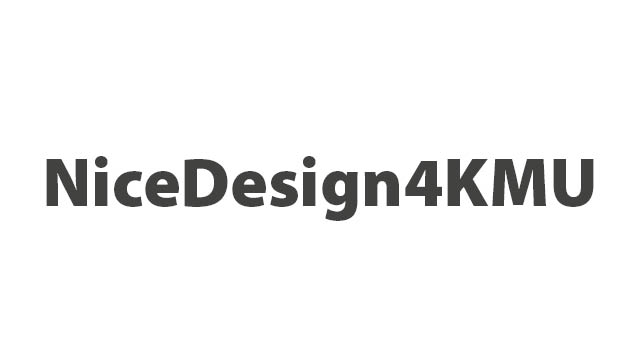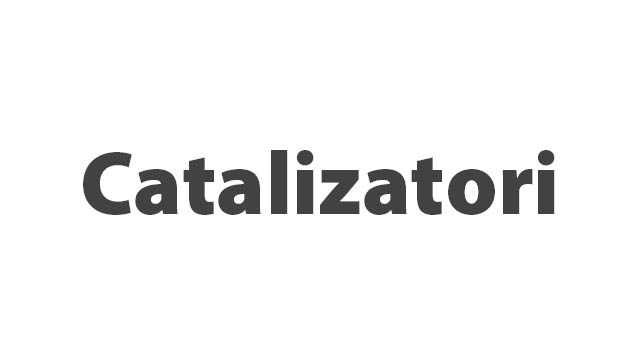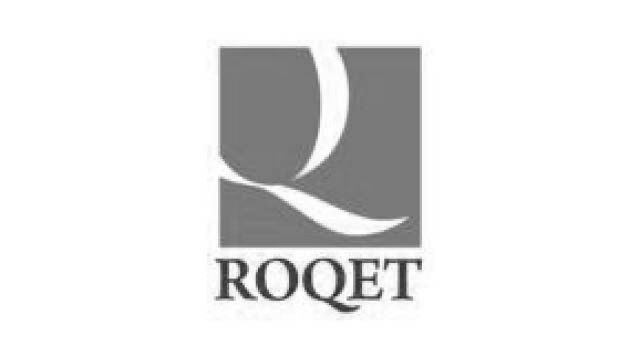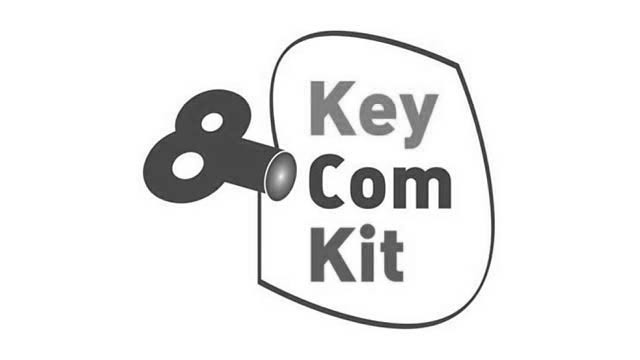Projects
We develop, accompany and evaluate innovative projects. Since 1990, in addition to programme support, accompanying scientific research, quality-assuring process support within the project team and external evaluation studies , we have formulated more than 60 project ideas that are eligible for funding and supported them with action research. Our areas of focus are in the fields of:
IT students are in an ideal position to start digital-based businesses. The project has developed a programme that teaches IT students the key techniques of developing business ideas and basic principles of entrepreneurial thinking.
The tourism sector is an important part of the economy in many regions of Europe. At the same time, it offers a second chance to career changers, from the formally uneducated to university dropouts. Therefore, further education in tourism is particularly important. The project has developed a model and learning materials that show how learning can be systematically planned and implemented in the work process.
We have evaluated the dual training system in German-speaking countries with regard to their transferability and economic transferability and prepared individual country reports with the findings, work results with recommendations for action.
The project uses videos produced in real-life situations to teach referees and athletes in handball and athletics the most important technical vocabulary in English for dealing with the most important situations.
Webinars as learning tools (Webinar Expert)
10/2013 – 09/2015
The project has already shown at an early stage how webinars can be used in education and training. A trainer's manual and a series of compact explanatory videos convey the most important didactic and technical skills.
The social sector is an important, but often under-utilised training and employment opportunity for young people. The project has shown how schools, training providers and social enterprises can better work together and create practical training pathways for young people in this sector.
Young leaders are often faced with the challenge that they have excellent professional training but are still insecure about their social and communication skills. The project has developed a training programme to develop these competences.
17 pilot projects dealt with the question of how small and medium-sized enterprises in particular can be supported in training despite declining numbers of applicants and an already noticeable shortage of skilled workers.
Reduction of Early School Leaving of Young People (RESLEA)
02/2012 – 01/2014
Early school leaving is a major social problem in many European countries. The project has developed a methodology to identify students at high risk of dropping out. Measures for early intervention are described and recommendations for organisational development of schools are given.
Further education - Qualified for good work (weiter:bildung)
01/2010 – 12/2013
The project weiter:bildung (further education) develops and tests a concept for a professional further education advisory service for the Mining, Chemical and Energy Workers' Union (IGBCE) in order to support the councils of the member companies in the further development and intensification of their further education systems.
Attractively designed print media and digital presentations are a company's business card. In small and medium-sized enterprises, such media are often designed in-house, without professional support from outside. The NiceDesign4KMU project developed a further training offer for the area of media design.
Catalysts for lifelong learning (Catalizatori)
10/2011 – 09/2013
Trade unions can play an important role in the development of workplace learning systems. To do so, trade unionists need to have solid knowledge about the design of workplace learning. Knowledge about the possibilities of acquiring public funding for learning and development programmes can significantly improve the level of training opportunities in the workplace. We have transferred relevant concepts of leading trade unions in Germany and Portugal in this field in a training programme for more than 100 trade unionists in Romania and documented them in an accompanying manual.
New Skills for Women (NSforWomen)
11/2010 – 10/2012
Women after the family phase are often faced with the challenge of having to update their professional and interdisciplinary competences. The project has developed a compact online learning programme and a concept for a serious game in this field.
Road to excellence in the Training Quality Process (ROQET)
10/2010 – 09/2012
The project shows a method for simple and reliable self-evaluation of teachers through 360 degree feedback in different quality dimensions.
Key Competences Kit for facing lifelong learning (KeyComKit)
10/2008 – 09/2010
The European Union has described a system of key competences for lifelong learning. The project has underpinned this framework with learning materials for each of these competences.

